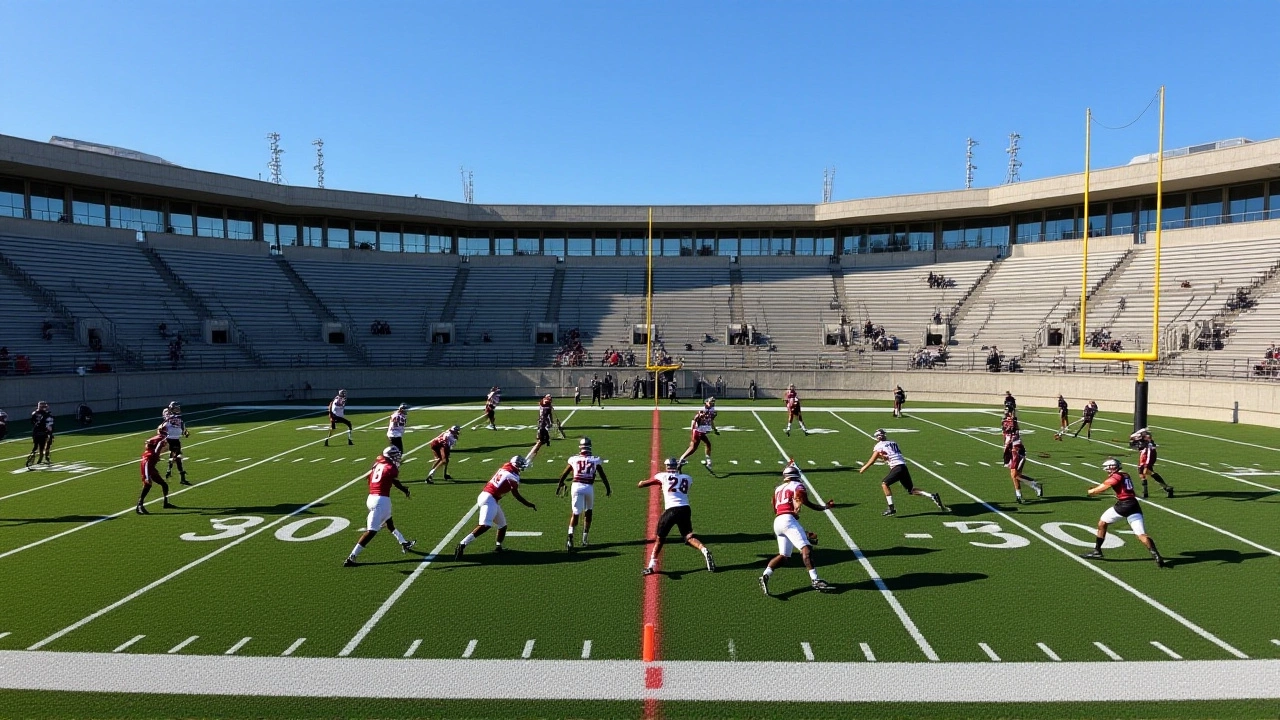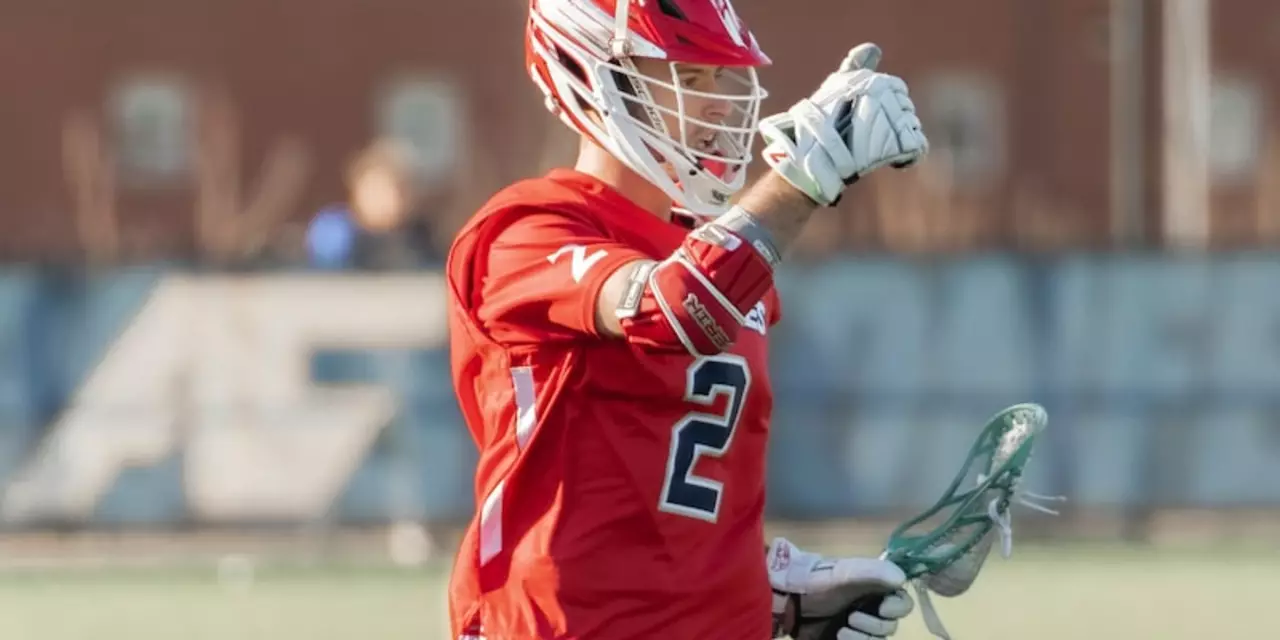Sports News You Need Right Now
Welcome to the quick‑hit hub for sports fans who want the latest buzz without the fluff. Here we break down two hot topics that are sparking conversation across the country.
Should the NFL Retire Tom Brady’s Number 12?
Tom Brady’s name instantly triggers images of clutch throws, Super Bowl rings, and a jersey with the number 12. As his career winds down, fans and analysts are asking: should the league retire his number? Retiring a number is rare and usually reserved for legends whose impact goes beyond the field. Brady’s stats, championships, and cultural influence make a strong case.
Those in favor point to his record‑setting seven Super Bowl wins, the way he changed the quarterback role, and the sheer fan loyalty that still fills stadiums when his name is mentioned. Opponents argue that keeping the number available honors the tradition of competition—new players should have the chance to make their mark on the same digits.
The NFL hasn’t announced any official plan yet, but the conversation is heating up on podcasts, social media, and sports shows. If the league decides to retire #12, it would join a short list that includes legends like Joe Montana and Walter Payton. If not, the number will stay in circulation, ready for the next star to claim it.
Which States Might Never Get a Pro Sports Team?
Across the U.S., you’ll find a mix of states with bustling pro franchises and others that seem stuck on the sidelines. A few key factors explain why some places just aren’t likely to land a major league team.
First, population matters. States like Wyoming and Alaska have fewer than a million residents. That small market makes it tough to sell enough tickets, attract sponsors, and cover the huge costs of running a team. Second, financial resources are a big hurdle. Building a stadium, paying player salaries, and covering travel expenses require deep pockets that many smaller states don’t have.
Third, proximity to existing teams can dampen demand. Vermont, for instance, sits close to Boston and New York, where fans already have strong allegiances. Adding another franchise would split the fan base and dilute revenue.
Some argue that missing a pro team isn’t all bad. Those states can direct money toward education, healthcare, or local businesses instead of chasing the high‑price ticket of professional sports. It also leaves room for college athletics or minor leagues to thrive without the pressure of competing with a major franchise.
So while fans in these regions might dream of cheering on a hometown team, the odds are stacked against them. The mix of population size, money, and nearby competition creates a tough environment for any league to invest in a new market.
Stay tuned to this page for more updates on sports debates, team expansions, and the stories that keep the games exciting. Whether you care about NFL legend talks or wonder why some states stay team‑less, we’ve got the quick, clear info you need.

Pete Prisco Picks Colts and Bengals to Win in Week 13 NFL Showdowns
Pete Prisco predicts Colts over Texans and Bengals over Ravens in Week 13 NFL action, with playoff implications looming for Cowboys, Bears, and others. Black Friday showdown between Bears and Eagles could change everything.

Should the NFL retire number 12 after Tom Brady retires?
Tom Brady is a quarterback for the New England Patriots and is widely regarded as one of the greatest players of all time. His number is 12, and many are wondering if this number should be retired in NFL history once he retires. Retiring a number is a sign of respect and admiration of a player's greatness and is a rare occurrence. The debate over whether or not to retire Brady's number 12 is ongoing. The decision will likely be made in the future based on the opinion of the NFL and its fans.

Which state will never get a professional sports team?
This article looks at why some US states will never get professional sports teams. It points out that some states, such as Wyoming, Alaska, and Vermont, simply do not have the population or financial resources to support a professional team. Additionally, some states are already well-served by teams in nearby states, making it unnecessary to build a new team. Finally, the article suggests that the lack of a professional sports team may actually be beneficial to some states, as it allows them to focus their resources on other important issues. In conclusion, some US states will never get professional sports teams due to population size, financial resources, and existing teams in other states.
© 2026. All rights reserved.